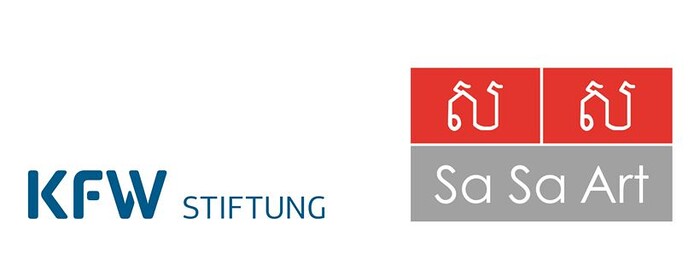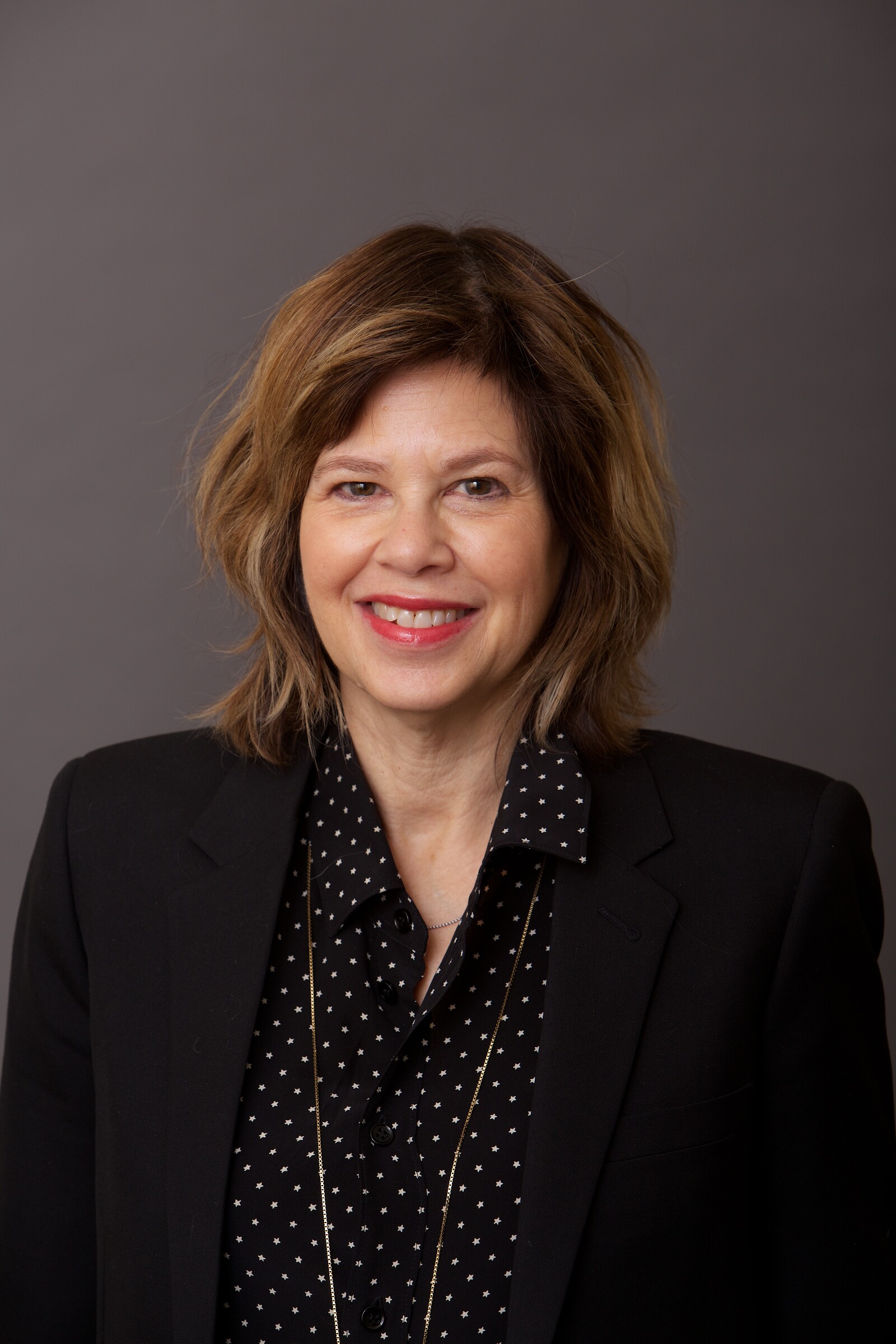The remapping of cartographies of knowledge and the reorientation of genealogies of comparison, all have been fully underway for quite some time in critical and curatorial practice. But it may be time to focus in an even more pointed way on translational issues as they affect the designation of regional entities and identities and in turn, define how geotopic regionalisms—Europe/non-Europe, intra-Asia, North-South, South-South, tricontinentalism, zones of settlement and unsettlement—are negotiated by artists in their work or by curators designing exhibitions with a “global” remit. We will begin with a consideration of Gayatri Chakravorty Spivak’s concept of “global criticality,” loosely ascribed to differential multiplicities across regions, and to differences that are resistant to dominant categories of world division and partition, including epistemological siloes and the methodological niches of area studies. Spivak focuses on the particular anxieties issuing from the global circulation of knowledge—the crisis of what qualifies as expertise in the humanities; the problem of cross-cultural literacy across enormous linguistic divides, and the fallout of commercialized life, packaged art and branded art and culture typical of biennials and “world lit” or “world arts and culture” anthologies. Rather than wallow in the futility of pedagogical exercises fated to dumb down specialized material, or worse, reproduce the violence of forced analogy and Europe-centered genealogies of comparison, Spivak enjoins us to imagine a “global criticality” that navigates the pitfalls of mapping, both cognitive and political.
Taking off from this notion, I will propose a model of regioning differences that focuses on the politics of cartographic denomination—specifically the translation or untranslatability of names for continental relation, orientation, and entanglement. We will ground this theoretical problem in a discussion of several paradigmatic exhibitions (starting with the Global Conceptualism show) and conclude by examining recent work that deals with regional “entanglement” by the artist Naeem Mohaiemen.
Emily Apter is Silver Professor of French and Comparative Literature and Chair of Comparative Literature at New York University. Her most recent books include: Unexceptional Politics: On Obstruction, Impasse and the Impolitic (Verso, 2018), Against World Literature: On The Politics of Untranslatability (2013), Dictionary of Untranslatables: A Philosophical Lexicon (co-edited with Barbara Cassin, Jacques Lezra and Michael Wood) (2014), and The Translation Zone: A New Comparative Literature (2006). She is currently working on a book dealing with translation and justice, and hopes to complete it while a fellow at the American Academy in Berlin in spring 2019. Her published articles include essays in October, Art Journal and Artforum. She has served on the faculty of the Whitney Independent Study Program and lectured widely on translation theory, politics and aesthetics, and critical archiving. In 2017-18 she served as President of the American Comparative Literature Association. In fall 2014 she was a Humanities Council Fellow at Princeton University. In 2003-2004 she was a Guggenheim Fellowship recipient.
About TCA
The TransCuratorial Academy (TCA) is an initiative of the foundation KfW Stiftung with the aim of advancing international knowledge transfer, networking and the development of the transcultural and transdisciplinary curatorial discourse. Conceived and directed by Beatrice von Bismarck and Benjamin Meyer-Krahmer, the TCA brings together emerging curators and internationally renowned experts in a mobile format, focusing on key issues which gained urgency within contemporary curatorial practice under the conditions of globalization. By inviting Emily Apter as the keynote speaker for the TCA Phnom Penh, the project follows its aim to introduce vital terms from neighboring disciplines to the curatorial discourse. Encounters and discussions with protagonists of the local curatorial scene are a further important part of the TCA. The academy is structured in three chapters, each of which extends over six days and is centered on a keyword. Phnom Penh is the location of the third chapter which will discuss the question of “untranslatability” in relation to the curatorial. The first one took place in Berlin in May 2017 and reflected on “entangled histories,” the second one was realized in Mumbai in September 2017, focusing on “hospitality.”
A project by KfW Stiftung in collaboration with Sa Sa Art Projects, Phnom Penh.
About us
KfW Stiftung is an independent non-profit foundation set up by Germany’s state-owned development bank KfW in 2012. Its mission in the arts is to stimulate intercultural dialogue in today’s globalized world. It aims to advance exchange between those working in culture in Latin America, Africa, the Middle East and Asia by supporting local and international projects, such as residency programs in Berlin for artists and curators and writers’ workshops for authors in the Middle East.
Sa Sa Art Projects is a Cambodian artist-run space dedicated to experimental and critical contemporary art practices. Founded in 2010 by Stiev Selapak art collective, Sa Sa Art Projects operated from the historic White Building until 2017. At its new location, Sa Sa Art Projects has shifted toward a stronger engagement with Cambodian young artists and art graduates while continuing to build a deeper dialogue with artists within Asia through its creative education programs, exhibitions, its signature Pisaot artist residency, and other special collaborative projects.



